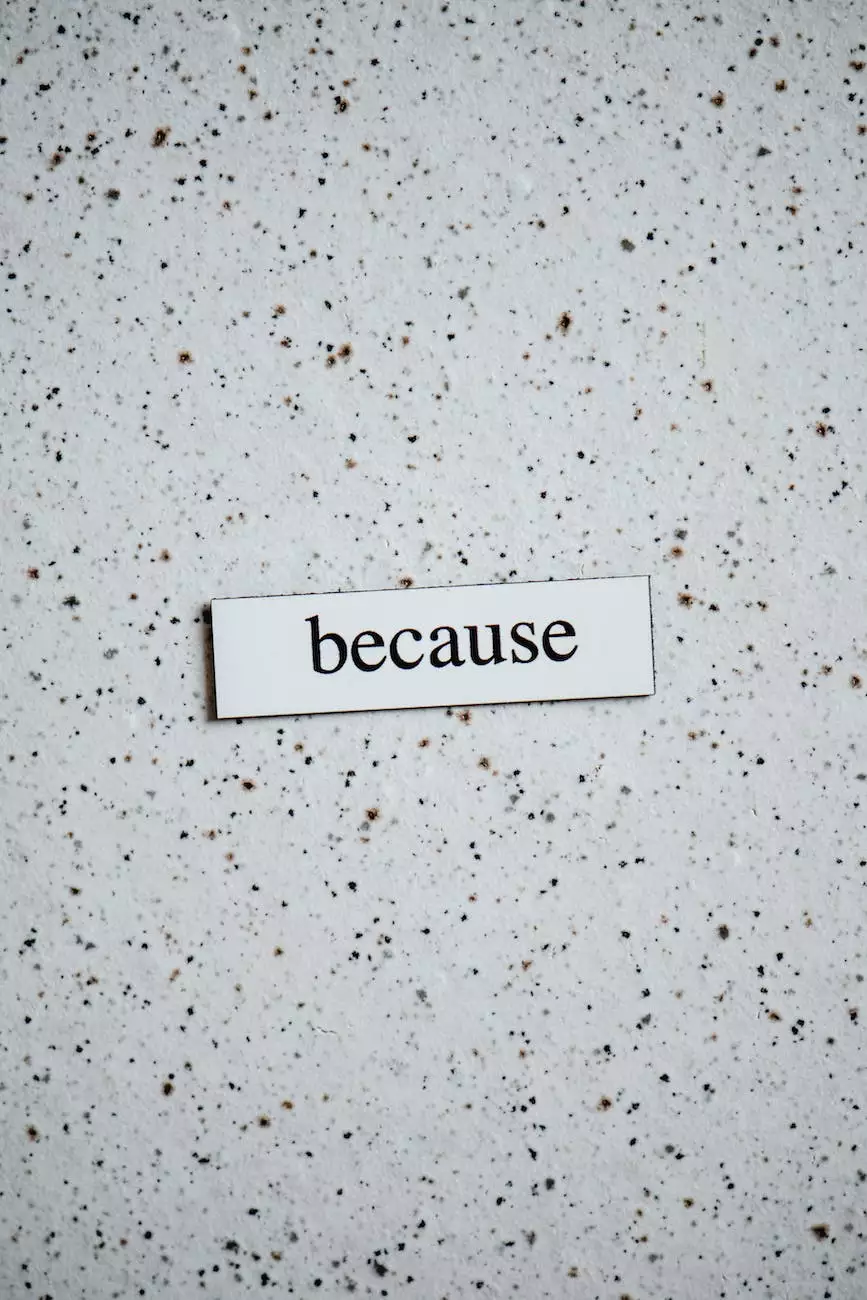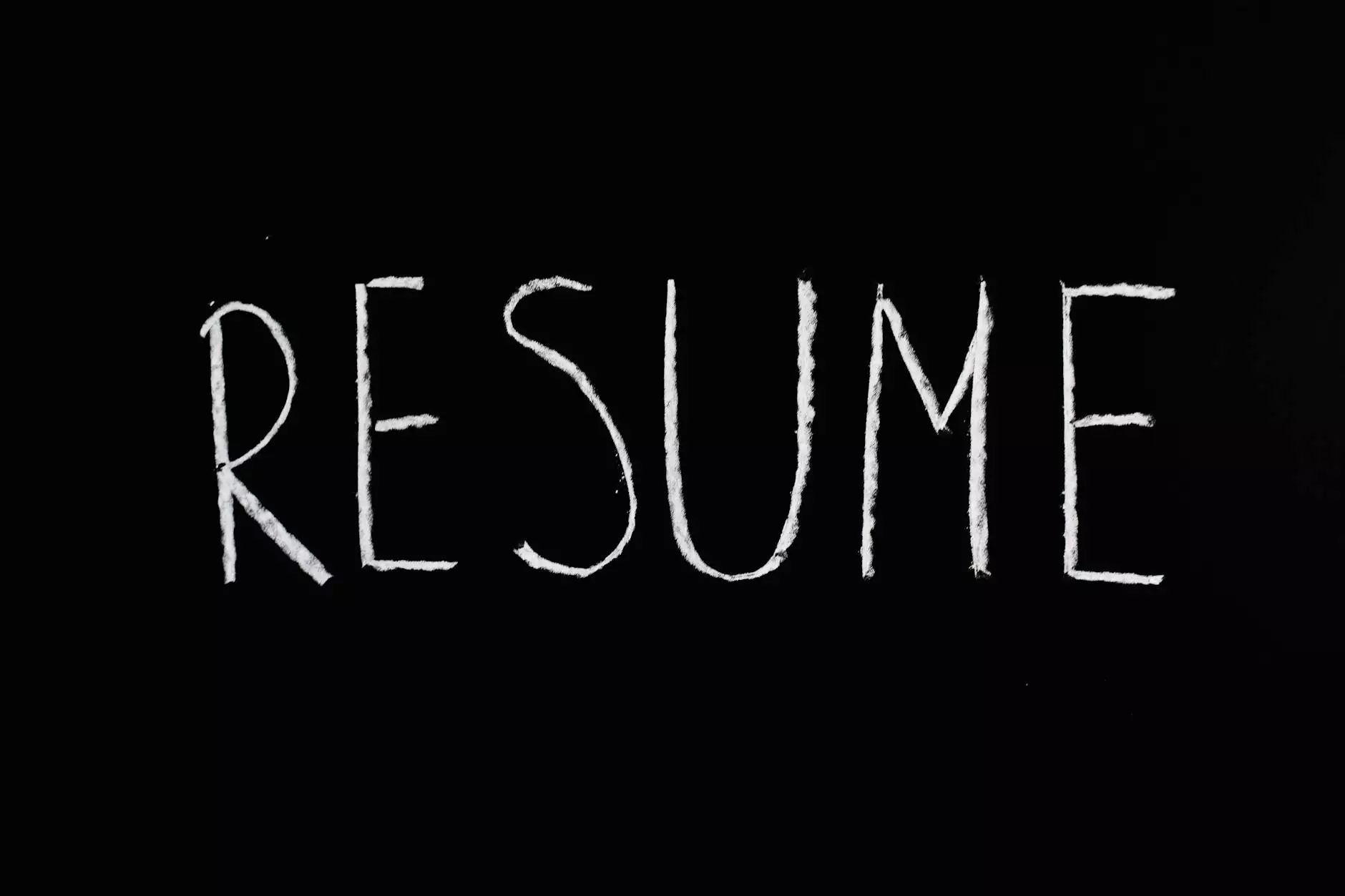5 Words You Can Use Instead Of Because Or Because Of
English Vocabulary Lessons
Introduction
Welcome to NJCLT's informative English lesson on alternative words to use instead of the commonly used 'because' or 'because of'. In this comprehensive guide, you'll discover five powerful words that can add depth and variety to your writing or conversation. Understanding the nuances of these alternatives will not only enhance your vocabulary but also provide a unique touch to your language skills.
Substituting 'Because'
When seeking alternatives to 'because', there are several words that can convey similar meanings. Let's explore each option with examples:
1. 'Since'
'Since' is a versatile word that can replace 'because' seamlessly. It establishes a cause-and-effect relationship with a sense of time or temporal association. For instance, "I couldn't attend the party since I had to work late." Here, 'since' succinctly portrays the reason behind missing the party.
2. 'As'
'As' can be used interchangeably with 'since'. It implies causality and can effortlessly substitute 'because'. Consider this example: "The match was canceled, as it started raining heavily." Here, 'as' indicates why the match was called off due to the rain.
3. 'Due To'
When specifically referring to the cause of an action, 'due to' is an ideal replacement for 'because'. It holds a slightly more formal tone. For instance, "The event was postponed due to unforeseen circumstances." Here, 'due to' conveys the reason behind the event delay.
4. 'Owing To'
Similar to 'due to', 'owing to' also highlights causality. It is often used in formal contexts and portrays a sense of responsibility or obligation. For example, "Our success is largely owing to the hard work of our dedicated team." Here, 'owing to' emphasizes the team's effort as the reason for success.
Substituting 'Because Of'
When replacing the term 'because of', we have alternative words that convey similar meanings. Let's discover them:
1. 'Due To'
'Due to' can be used to replace 'because of'. It signifies the cause or reason behind a specific situation. For example, "The delay in delivery was due to unforeseen circumstances." Here, 'due to' highlights the cause of the delivery delay.
2. 'Owing To'
Similar to 'due to', 'owing to' can be used interchangeably with 'because of'. It signifies a causal relationship between actions or situations. For instance, "The event was a success owing to the proactive planning of the organizers." Here, 'owing to' emphasizes the organizers' planning as the reason for the event's success.
3. 'On Account Of'
'On account of' is an idiomatic phrase that means 'because of'. It conveys a sense of accountability or responsibility. For example, "The match was canceled on account of the poor weather conditions." Here, 'on account of' portrays the poor weather as the reason behind the match cancellation.
Conclusion
By replacing the frequently used 'because' and 'because of' with the alternative words discussed in this lesson, you can enrich your writing and conversation with more variety and sophistication. Incorporating these words will not only elevate your language skills but also make your communication more engaging and memorable.
At NJCLT, we strive to provide you with valuable language resources that enhance your learning experience. We hope this English lesson has equipped you with a valuable arsenal of words to substitute 'because' and 'because of'. Practice using these alternatives to elevate your communication to new heights!










